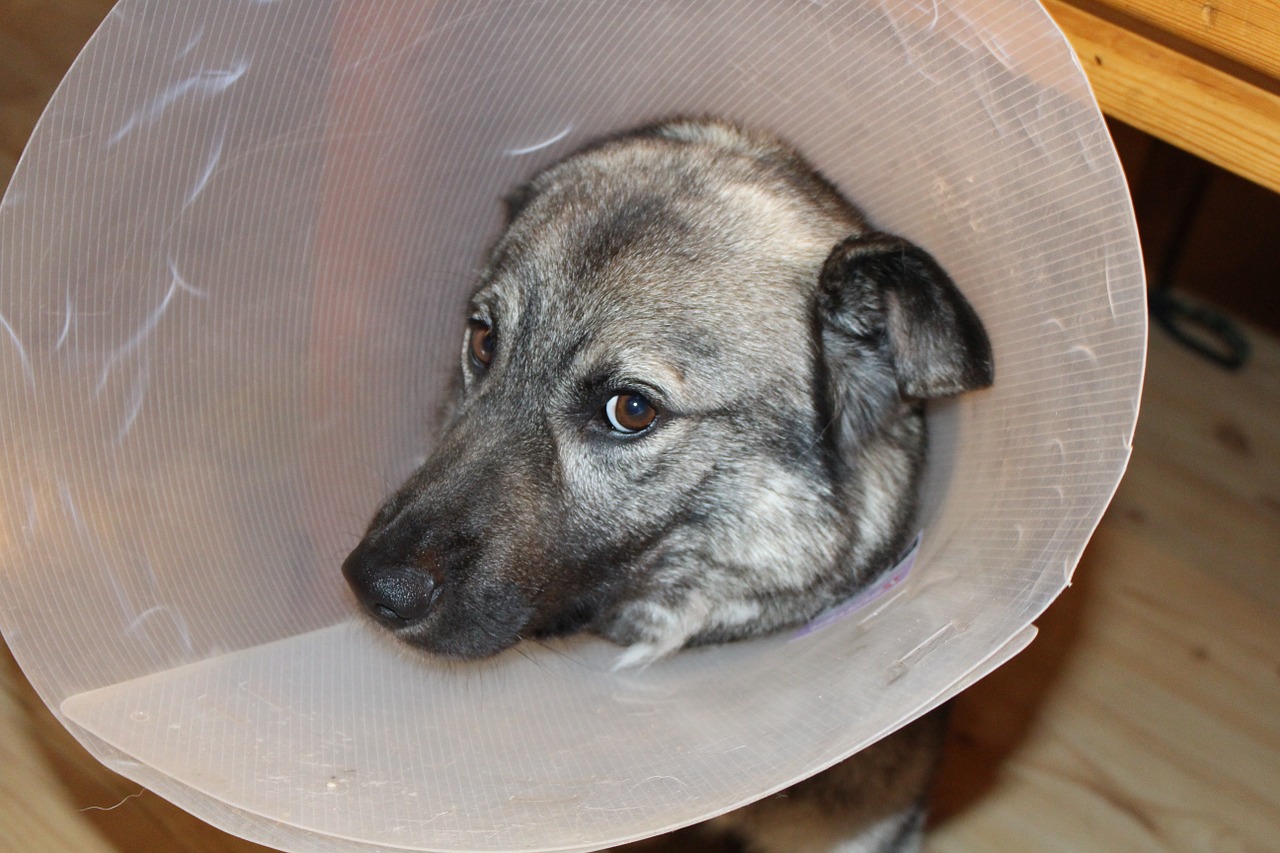5 Symptoms of Dog Skin Infection
This post contains affiliate links. This means I will make a commission at no extra cost to you should you click through and make a purchase. Read the full disclosure here.
Dog skin infections can be difficult to spot if you’re not looking closely enough, but it’s important to be able to spot the signs of an infection in order to ensure that your dog gets the proper treatment.
Here are five common symptoms of dog skin infections.
1) Mange
One of the most prevalent dog skin infections, mange is an inflammatory skin disease that’s caused by either Sarcoptes scabei or Demodex Canis. It’s more common in puppies but can affect dogs and other canids, like foxes and wolves. The mites burrow into hair follicles and lay eggs that cause redness, irritation, lesions, and crusty patches on your pet’s skin.
2) Fleas
One of the most common types of dog skin infections is caused by fleas. In fact, fleas cause mange in some dogs. These tiny insects can make your pet’s life miserable by making them itchy and uncomfortable; if left untreated, a bad case can cause hair loss, redness, and even spread to other pets in your home.
3) Scabies
Scabies is caused by a parasite called Sarcoptes scabiei var. canis. The parasite burrows into your dog’s skin, often causing intense itching that leads to infection and sometimes abscesses (boils).
Scabies is contagious and easily transmitted by direct contact with an infected animal or its environment; it also spread rapidly, since dogs can be carriers without showing symptoms of the disease.
4) Ringworm
This is one of the most common skin infections in dogs. It can be caused by either fungus or bacteria, and it’s spread through direct contact with infected animals, humans, or contaminated objects. Ringworm commonly appears as a red, circular patch that may be crusty and scaly.
Other symptoms include hair loss and itching. Dogs who have ringworm should be treated right away to avoid complications such as infection or secondary skin lesions; see your vet if you suspect your dog has ringworm.
5) Fur Mites
There are several dog skin infections that can appear as small red bumps, also known as pustules. Fur mites (Liponyssus spp.) infect these pustules, causing your pet to itch, scratch, and bite at its fur. If left untreated, fur mites can spread to other areas of your pet’s body and even spread to other pets in your household.














